23-YEAR-OLD PHD STUDENT AND CITIZEN OF THE WORLD: MY FRIENDS CALL ME MISS WORLDWIDE
PhD student Emaan Ghias has many times packed her bags and moved to a new country to pursue her academic ambitions. She was born in Pakistan, grew up in the United Arab Emirates, completed her Bachelor's degree in Hungary and her Master's degree in the Netherlands. But after finding both love and the right research area, Denmark could very well be her final destination.

Emaan Ghias greets us at the entrance to the Department of Forensic Medicine at Aarhus University Hospital. She appears elegant, accomplished and relaxed as she stands amongst the clinical surroundings. When she reveals later in the interview that she is only 23 years old, I almost choke on my coffee.
The young, international PhD student has achieved a lot in a very short time, and she has uprooted herself several times to follow her dream of a PhD. A dream she has had ever since she entered the academic world:
"From the moment I started university, I knew I wanted to do a PhD. You get to become an expert within a field, and it puts you in a unique position to gain lots of first-hand experience, build a network and learn new things - all at the same time. That was definitely my motivation," she says.
Emaan Ghias was born in Pakistan, but her father moved the family to the United Arab Emirates when she was an infant. Most of her childhood was spent in the Emirates, included the capital Abu Dhabi, where she received her primary education. But once her thoughts turned towards her university studies, Emaan Ghias looked beyond the border of the small country:
"If you look at the history of the Emirates, it's a relatively new country, maybe 50 years old. So their universities are also relatively new. Back then, I felt that many of the programmes were geared towards either business or the humanities. Which wasn’t really what I was looking for, I wanted something to do with biology or biochemistry."
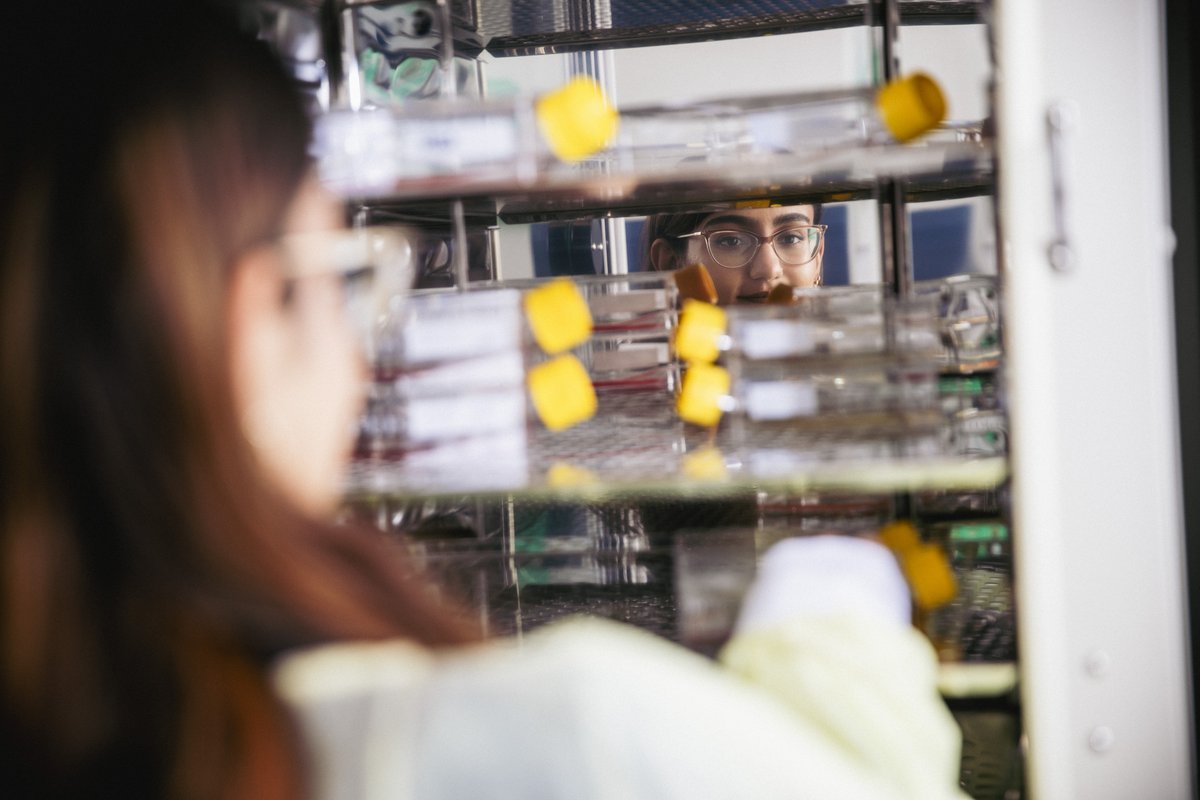
A PREFERENCE FOR EUROPEAN RESEARCH TRADITION
Emaan Ghias also thought that Europe would be an ideal place for her to pursue an academic career, as she admired the continent and its, in her eyes, unique academic environment:
"In my opinion, European research is all about improving human health or helping the world, whereas other countries might be more interested in the commercial aspect of research. But I think, that’s connected with the good funding provided for European research is compared to the rest of the world.”
In 2018, she therefore travelled to Hungary to begin studying biology at the University of Debrecen. Along the way, she developed an interest in forensic medicine and the field of metabolomics and applied for the Master's programme in Forensic Science at the University of Amsterdam in the Netherlands, where she was accepted in 2021.
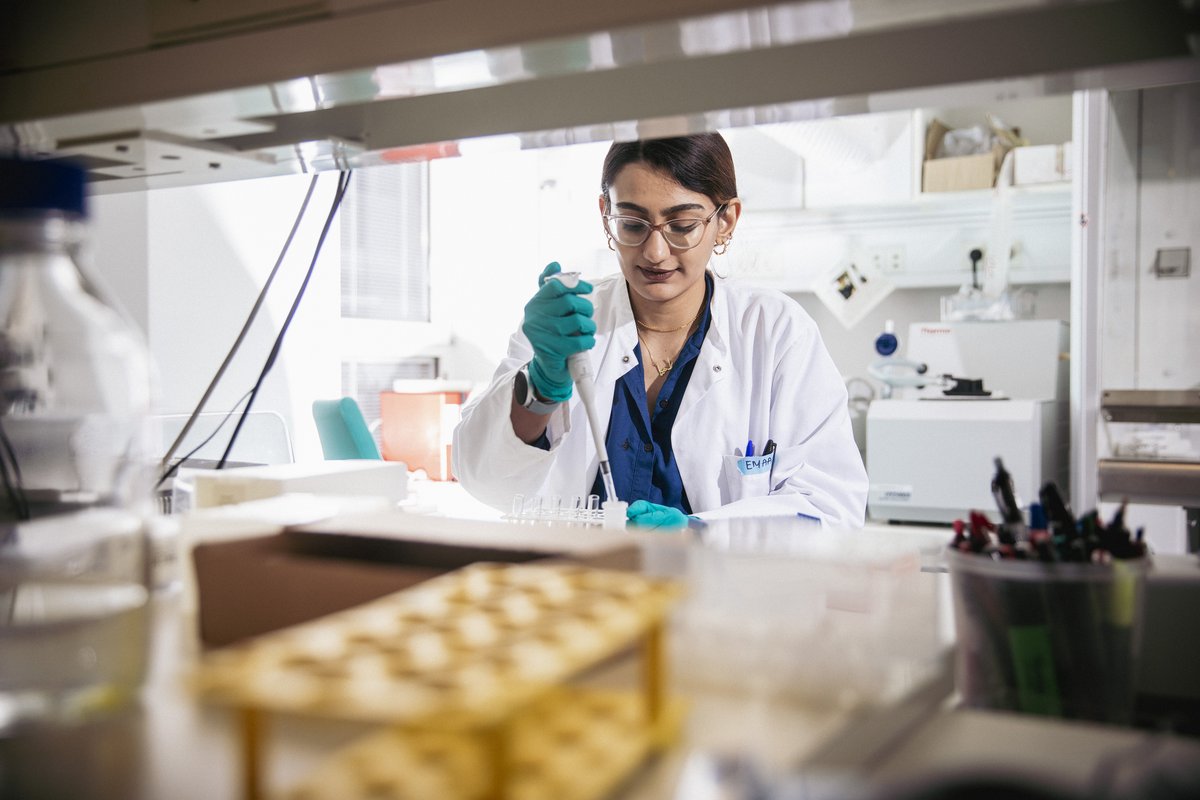
STROKES OF LUCK
Once Emaan Ghia was well into her Master's in Amsterdam, it became time to begin looking around for a Master's research project. She started by writing to different companies and research groups at universities in the Netherlands, but never heard back. She then decided to send a flurry of emails to universities around the world in the hope that someone would answer.
And one person did: Professor Mogens Johannsen at the Department of Forensic Medicine. And this turned out to be lucky in more ways than one.
When she lived in Hungary, she had been given the contact details of her father's childhood friend who lived in Denmark in case she ever needed help. Her own family lived outside Europe and they would need a visa to visit her. Emaan Ghias got to know the Danish-Pakistani family very well, including the son, who she ended up falling in love with and marrying:
"Either way, I was going to have to move to Denmark at some point, so it was a really lucky coincidence that I got to do my Master's research project here. Along the way, I expressed my interest in writing a PhD, and then my supervisor said: ‘Actually, we have a project here you could apply for and then we'll see’. Well, I ended up getting the position, so you could say that my luck continued.”
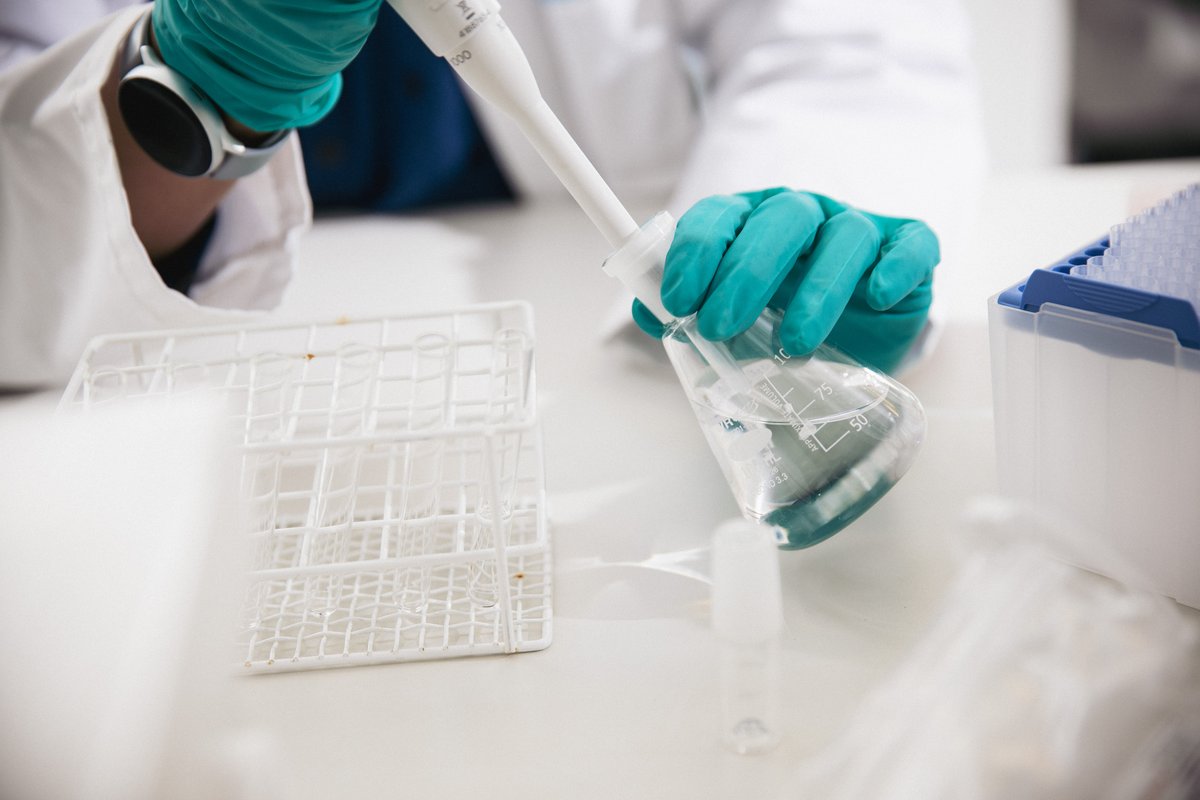
INNOVATING TREATMENT OF METABOLIC DISEASES
Emaan Ghias moved to Denmark last year and joined the Section for Forensic Chemistry at the Department of Forensic Medicine in February. She will spend the next three years researching appetite-supressing biomarkers and studying their potential to help develop drugs for metabolic disorders such as diabetes and obesity.
"We experience satiety after eating enough food because different hormones send signals to our brain telling us that we’re full and that we need to stop eating. Maybe these biomarkers can do the same thing.”
The biomarkers are specific modified amino acids that previous research discovered in mice. The mice generated an appetite-regulating molecule when they exercised. One of the modified amino acids is called Lac-Phe and the amino acid has also been found in humans and horses, although it is not yet known whether it works the same way as in mice.
The methods and techniques that Emaan Ghias and the group are utilising and developing might ultimately also contribute to better detection methods in forensic practice and to stronger legislative protection of the general public.
INTERNATIONAL
Emaan Ghias is learning Danish, although she admits it can be challenging, but the word 'retskemi' glides easily enough as she’s had to use it countless times. And getting to know a new country, a new culture and a new language practically defined her youth. So far, she has only had positive experiences of being an international student in Denmark:
"Well, I can only speak for this department, and I think one of our best features is that we’re a relatively small department compared to others. It means that everyone is quite close-knit, we help each other, and I think that was a pretty big advantage when I began working here. The only downside I can think of is the language barrier, but everyone makes a real effort to switch to English when international students are present and we all really appreciate it."
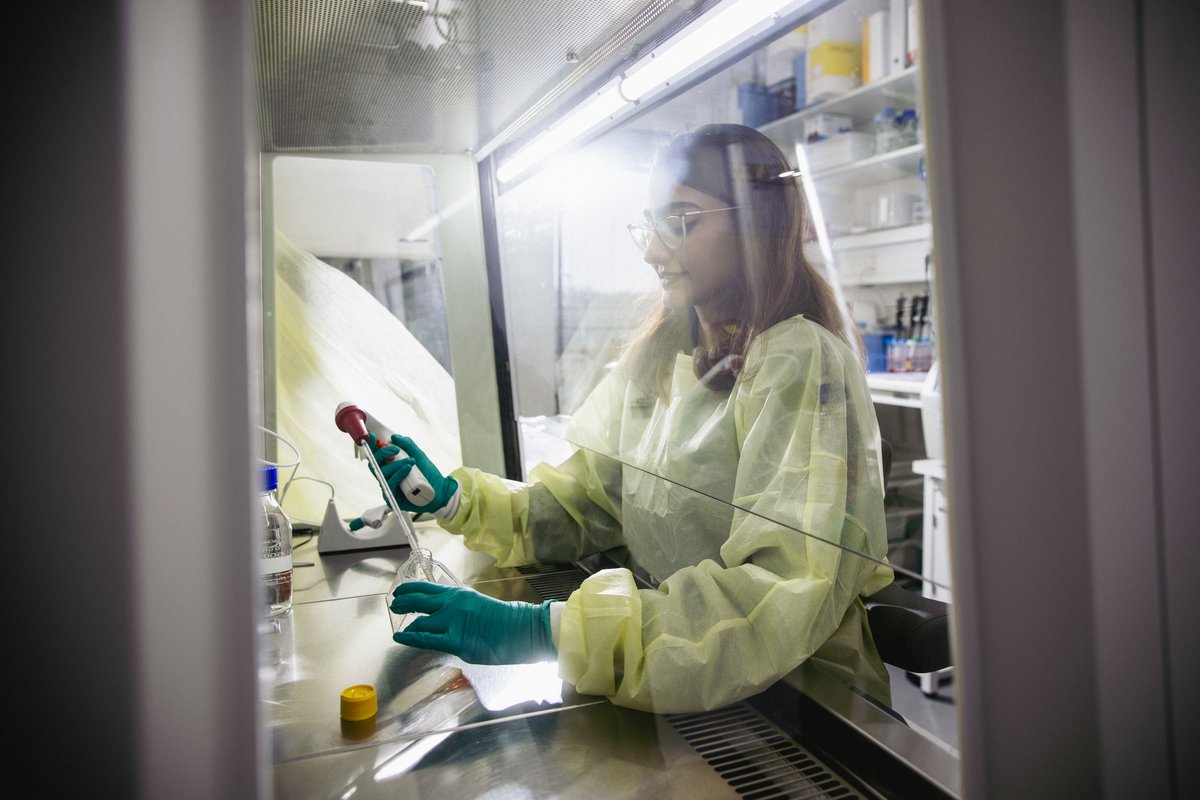
There is another thing that Emaan Ghias has noticed when she compares Denmark to the other countries she has lived in:
"People in the Netherlands are very direct and honest, and they’re not too worried about how that honesty comes across, so they can sometimes be perceived as quite rude. Danes are also very honest, but I feel like you care more about people's feelings or at least try to say things in a nicer way. And Danish bread is much better than Dutch bread. But not the cheese," she concludes.
While luck has often favoured her, it hasn’t been easy to move away from her family and heritage and to repeatedly have to figure out new rules for renting accommodation, visas, insurance and much more:
"It definitely wasn’t all sunshine and rainbows, but the support I've received from the friends I've made and from my parents kept me going. Every time I've told them what I wanted to do, they've always said: ‘Okay, and how are you going to do that? Have you thought it through?’. They never said, ‘Oh no, how are you going to manage that all alone?’”.
In other words, her parents and social circle gave her the strength to challenge herself and to make bold and independent decisions when her ambition required it. And not having what she describes as a functional adult close by while living abroad meant she had to mature relatively quickly.
Her many addresses across Europe also gave rise to a nickname:
"I've been called Miss Worldwide by my friends in the past. And I usually downplay it a bit by going ‘Oh, I haven't lived THAT many places’. I suppose there’s some truth to it, but there's still so much left of the world to see.”
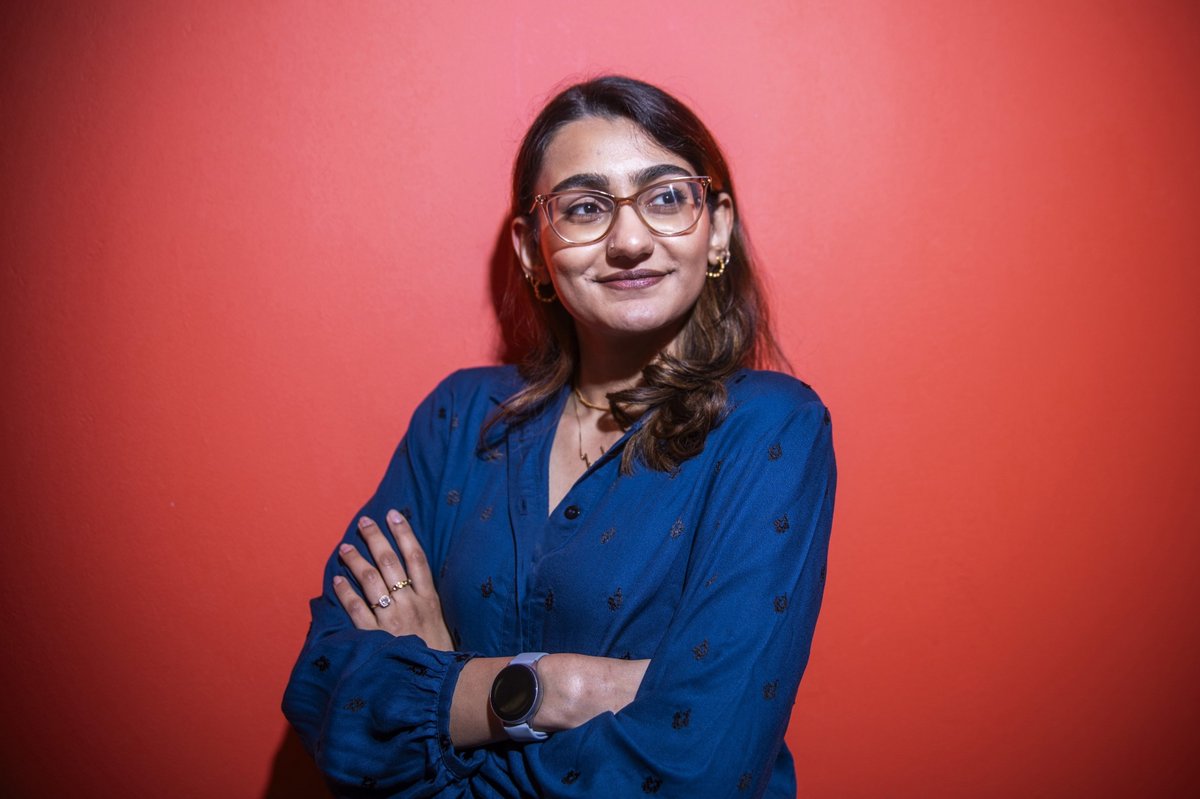
THOUGHTS ABOUT THE FUTURE
When Emaan Ghias thinks about life after her PhD, she hopes first and foremost that it can be realised in Denmark. Her wanderlust is in a dormant phase at the moment and the idea of a more stable life is appealing.
"I've considered either staying in academia or transitioning into industry. It’d be really cool to end up in Denmark because it's just that bit easier than having to apply for jobs abroad. Staying in academia has its pros and cons. You have a lot of freedom and can research what interests you and what can make a difference, which is one of my biggest motivations. But working in industry is probably a little less stressful," she says with a smile.
Her in-laws are currently trying to lure her and her husband back to Zealand with the suggestion that she could apply for a job at Novo Nordisk, and Emaan Ghias doesn’t rule that out. Crossing the Danish belts is at least a shorter journey than crossing the length and breadth of Europe.
Translated by Cecilie Tejnø.

